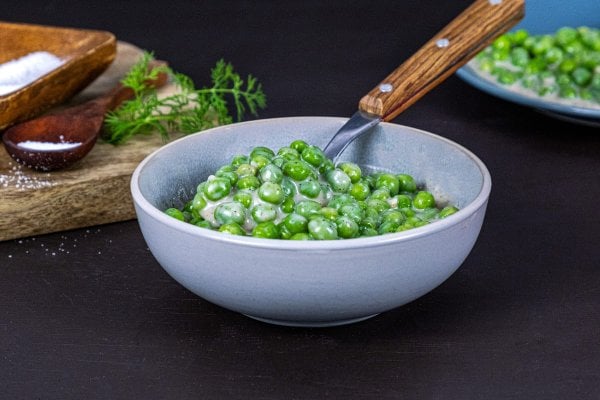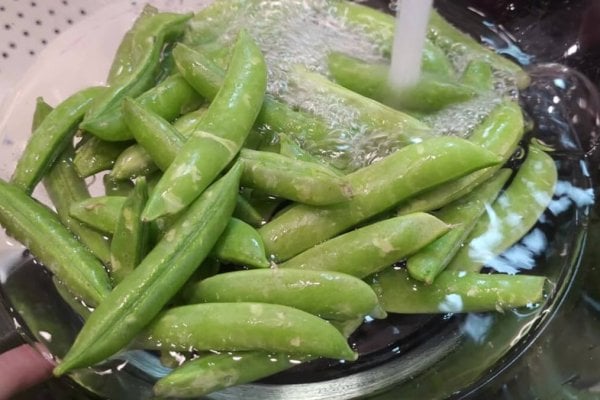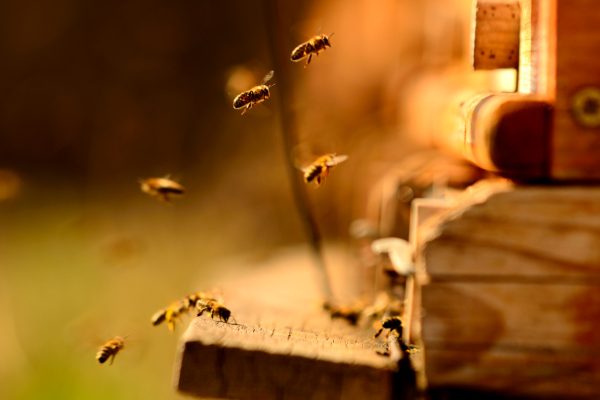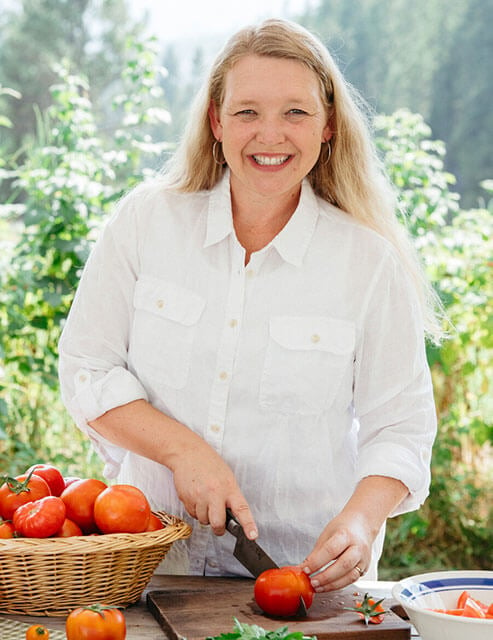If you’re raising livestock, you may be wondering if they need mineral supplements. In short, the answer is yes, but it’s helpful to have an understanding of the why behind supplementing animals with minerals.

We’ve discussed in other posts how we stock our barn for winter, the deep bedding method for livestock, how to save money on animal feed, and how to use medicinal herbs for animals on the farm. Today’s post is something we’re very passionate about here on Riverbend, and that’s mineral supplementation for our livestock.
In this blog post (and podcast interview) with Karson from Redmond Agriculture, we’re diving into what mineral supplements are, why they’re important, and how and what we should be feeding our livestock.
About Karson
Karson has worked with Redmond for about 5 years. He spends his time helping producers of all sizes with livestock minerals and soil health. Before working for Redmond, he was in the animal feed and agronomy industries. His family also owns a ranch where they grow their own hay and raise about 130 mother cows.

What Are Mineral Supplements
Mineral supplements can be anywhere from salt (sodium chloride) to copper. There are generally about 16 main minerals that have been studied in depth in regard to livestock health. However, we know that there are many more trace minerals that are important to animal health as well. As homesteaders, we generally want a supplement that has as many of these as possible.
Since our soil and even the feed we’re giving to our livestock is often depleted, using mineral supplementation has become commonplace on the homestead. These are minerals that you can add to your animal’s feed or allow the animal to free-feed those they need (animals are really smart about eating only what they need).

Why Are Minerals Important for Livestock
Wild vs. Contained Animals
When you look in the wild, animals don’t have a mineral or supplement bucket filled with minerals, so why do our livestock need minerals?
Animals are very in tune with what their bodies need. When allowed to free-range and roam, they will go seek out the sources for the minerals their bodies need.
The difference between wild animals and livestock on the homestead is that the animals on our homesteads are generally fenced in with only the grass or forage within the fence borders. There may not be mineral sources or specific plants they can access that their bodies need. Therefore, it’s up to us to provide it.
Depleted Soil or Bound-Up Minerals
Furthermore, much soil is either deficient in certain minerals or too high in others, which can bind minerals up. Also, if your livestock isn’t eating fresh grass all year long, the minerals just aren’t as available in hay or silage.
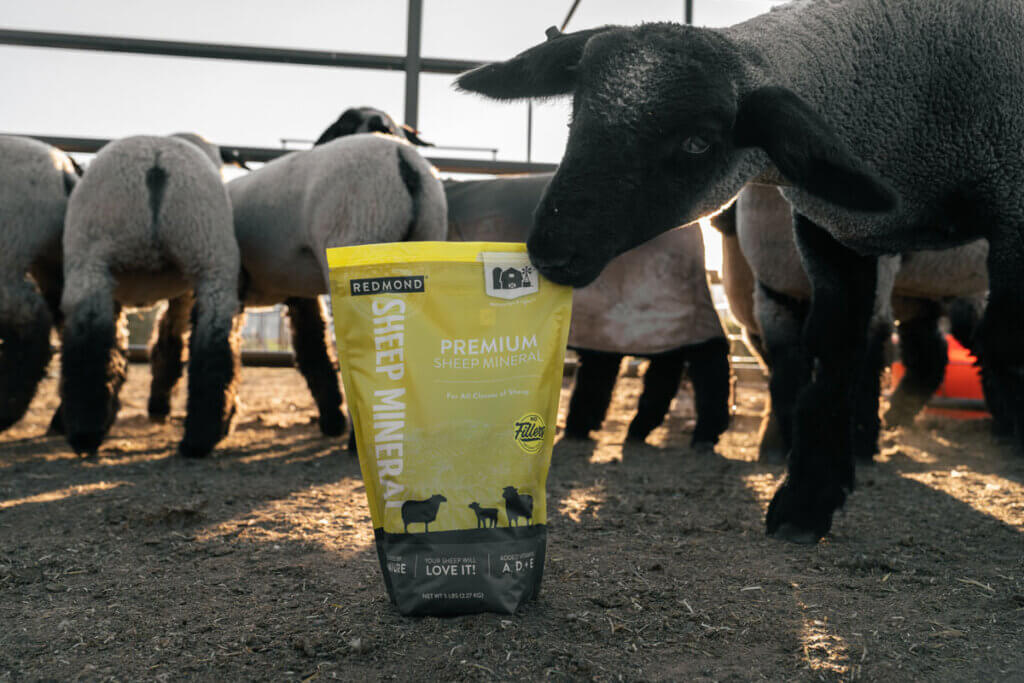
How Minerals Help Keep Animals Strong
Just like with humans, there are a lot of preventative measures we can take for the health of our livestock. When our animals live healthy lives, have access to clean, fresh water, have adequate feed and their nutritional requirements are met through proper mineralization, they will be much healthier overall.
We all know how much easier it is to ward off the common cold or flu when our bodies are strong. However, if we’re lacking in our own nutrition, exercise and overall health, we’ll succumb to almost any small virus or bug that comes our way.
What Minerals Do Animals Need?
Karson studied at Kansas State University for animal nutrition and found there is a list of about 16 macro and micro minerals that most farm animals need.
Sodium, Iodine, Calcium, Iron, Copper, Magnesium, Potassium, Phosphorus, Sulfur, Selenium, and Zinc are just a few. There are also many trace minerals and vitamins that are important for our animals as well.
Our goal on the homestead, as stewards of our land and animals, is to help them get as many of these minerals and vitamins as possible. A broad-spectrum supplement like sea salt is a great way to do this because it naturally has all of the main minerals along with many of the trace minerals and vitamins that our animals need.
While you can get very scientific about this and serve your animals each mineral independently, this is a lot of extra work and not necessary on the homestead scale unless you know you have specific mineral deficiencies.

How to Feed Minerals to Animals
When looking to feed minerals to animals, look no further than Redmond Agriculture. We have been using Redmond Salt for our animals for nearly 20 years and have had great success. They have all the products you’ll need at a variety of sizes. Karson says the five-pound bags are handy for homesteads however, we like to buy them in 25lb bags.
If you want to stock up, get ahead and save money by buying a case (you end up getting a 5-pound bag for free). As long as you can store them, you can purchase them in larger quantities.
Most Popular Minerals
Karson recommends the 10 Fine mineral salt or the 10 Fine with garlic for most animals. The addition of garlic can help build up your animal’s immunity and fight off so many common ailments, along with deterring flies. Be sure to use coupon code “HFSalt” for 15% off your order.
Here are some other products Redmond offers:
Block vs. Loose Minerals
When it comes to the form the minerals come in, there are mineral blocks or loose minerals.
I like to feed loose, free-choice minerals so the animals can get whatever mineral their body needs as quickly as possible (without having to fight for the minerals).
A mineral block can be a good option if you need to transport the minerals, however this will take the animal more time in order to get what their bodies need.
Feeding Systems
There are many different mineral feeders, with the most common being rubber or metal dish feeders of varying sizes. These are great until your minerals get soaked in the rain. So you either need to be able to place them under a roof or get a mineral feeder that has built-in protection. There are several kinds of these as well.
You could also build your own out of scrap wood to save some dollars. We do both here at Riverbend as we have many different applications where we need to have loose minerals out for our animals.

Where to Buy Minerals
Redmond Agriculture, located in Utah, has a mine that is 5,000 feet deep and is pure salt. Carolyn and I actually had the privilege of getting to visit Redmond a couple of years ago and got to see the salt mine first hand.
Back in the Jurrasic period, the state of Utah, down into New Mexico, was once covered by the Sundance Sea. When that sea dried up, it left a massive layer of salt. In Redmond, Utah, there was a fault that pushed this sea salt up to the surface, and this is what they now mine.
Karson said that at the rate they’re harvesting it, it won’t ever run out.
About Redmond Agriculture
Redmond Agriculture’s goal is to nourish the world’s future by creating natural and sustainable products for healthier soil, plants, and animals. Since the 1950s, they have supported farmers with regenerative ag resources from their ancient sea mineral and volcanic deposits.
At Redmond Agriculture, they know that Nature Has it Right™. By using what the good Earth has to offer, they can help plants and animals thrive. Redmond’s customers are happy to report their products improve the health and productivity of their farms, big and small.

Signs of Mineral Deficiencies in Livestock
I asked Karson to share some common signs of mineral deficiencies in livestock. Here’s what he said:
- Retained Placenta – If you have livestock that’s given birth and has difficulty delivering their placenta, that’s generally a sign of mineral deficiency.
- Hair Coat – In the summer, is the animal’s hair coat looking nice and shiny, or are they holding on to some of their winter coat long after they should have shed it?
- Newborn Energy – Once an animal is born, pay attention to whether it has good energy. Low energy in newborn livestock is also a sign of mineral deficiency.
- Animals Licking Dirt – If you find that your animals are licking dirt, eating fence posts or otherwise acting strange, this is also a sign of mineral deficiency.
- Frequent Health Issues – If you find you’re consistently dealing with pink eye, hoof rot, diarrhea, pica, etc. It may be time to look at the minerals your animals have access to and start supplementing.
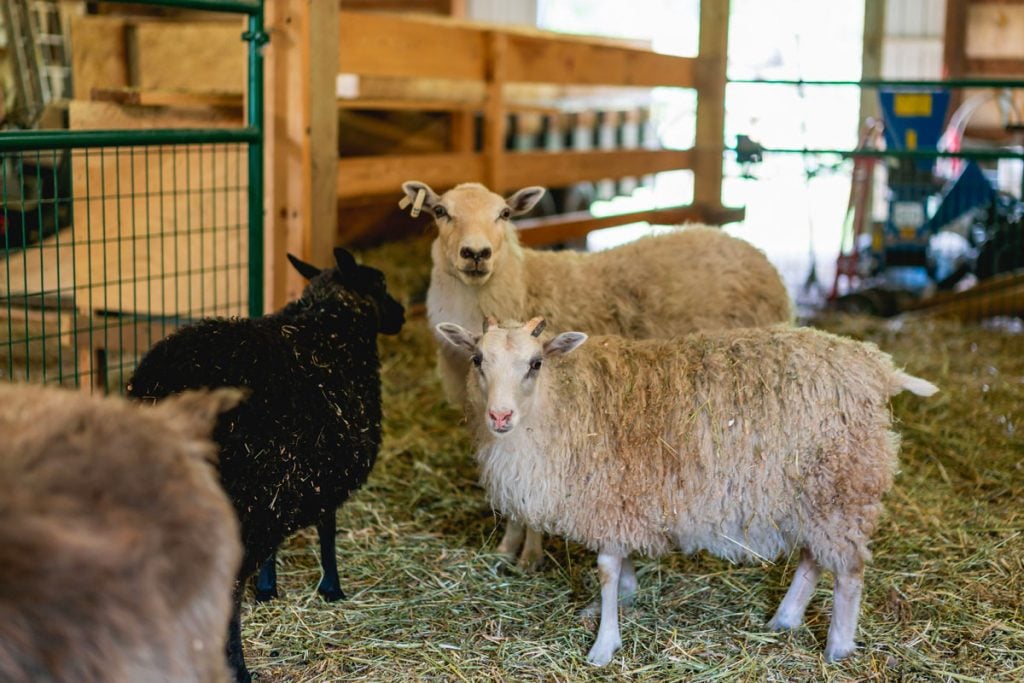
Can You Over-Feed Minerals to Animals?
It’s nearly impossible to overfeed minerals to your animals. When free-feeding natural mineral supplements (meaning minerals not mixed with grain and molasses), the animals will consume what they need and leave the rest.
If your animals are deficient and have been for some time, you may notice them consuming more than “average.” Don’t panic; allow them to consume what’s needed to catch up on their deficiency, and then you’ll soon notice they regulate themselves.
Where to Find Redmond?
- Check out the Redmond Agriculture website.
- Read the Redmond Agriculture blog.
- You can also find Redmond distributors near you if you’re looking for a larger supply.
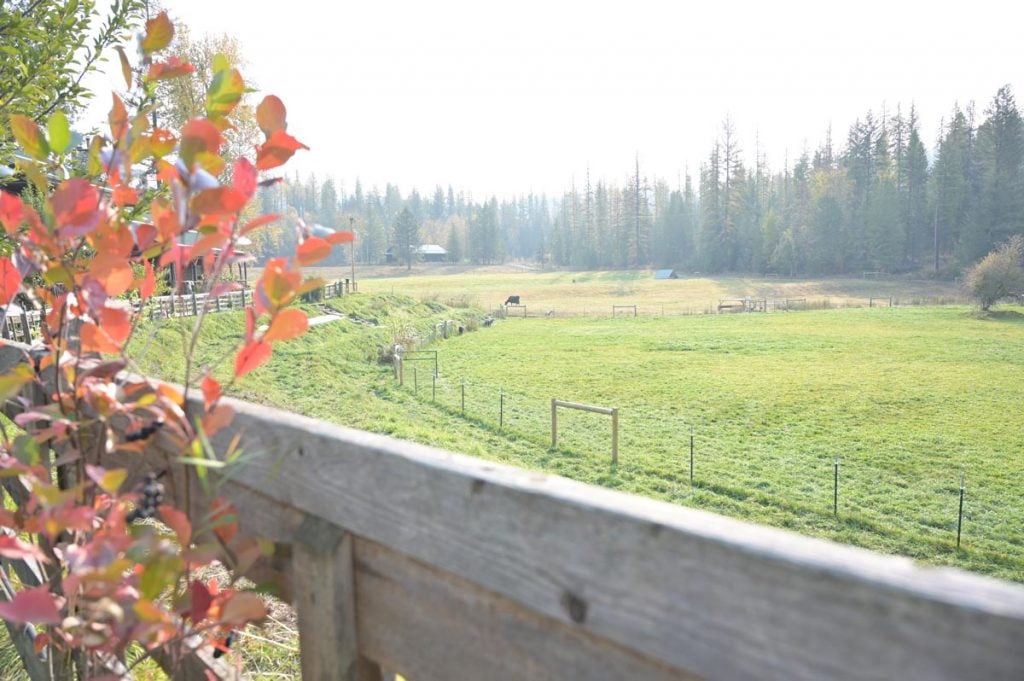
Lastly, Redmond is not the only source to get your minerals, but we strongly recommend them here because we have used Redmond for nearly 20 years, have been to their facilities and know the quality of what they are producing. We love that they are USA made by American families!












